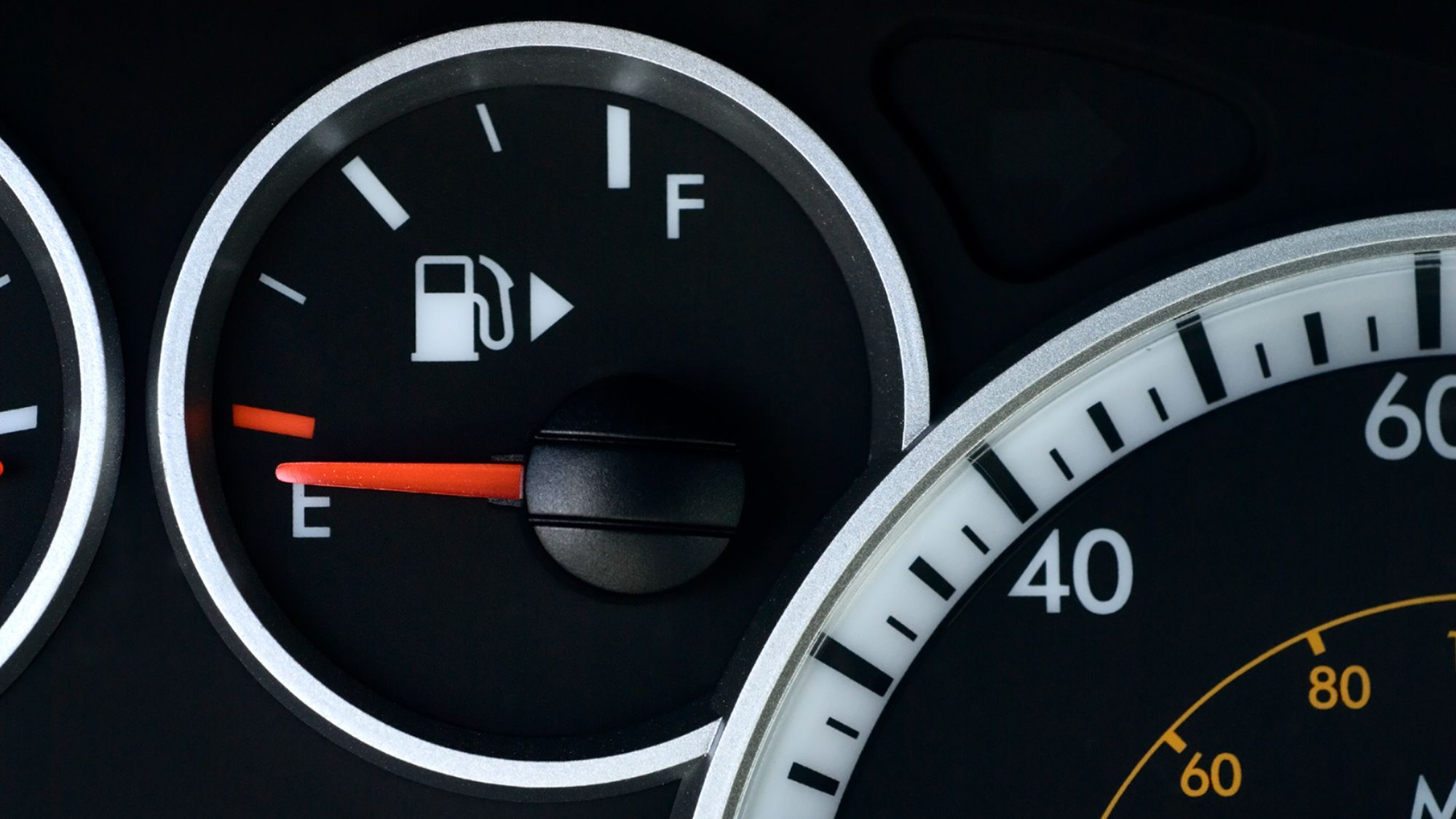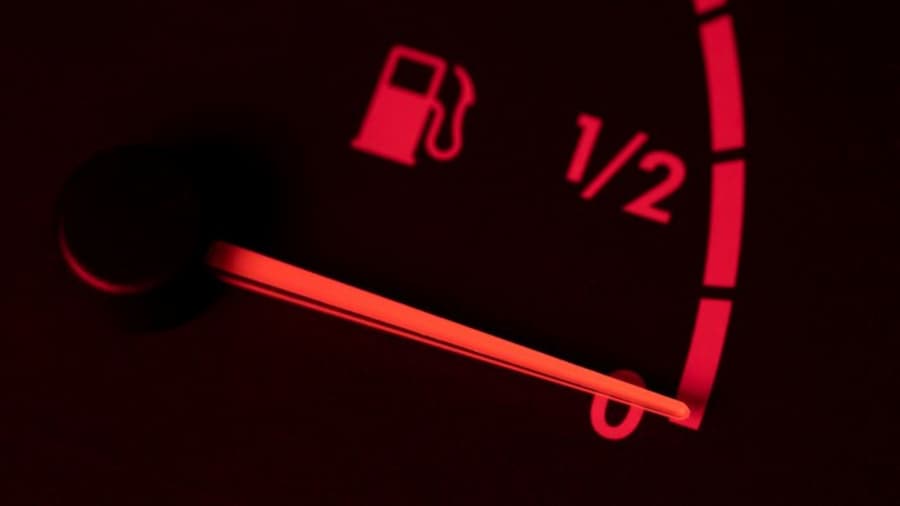While modern engines have made significant strides in fuel efficiency, there remain ample opportunities to further enhance real-world gas mileage. Factors such as vehicle weight, aerodynamics, resistance, drag, and engine performance all influence fuel economy. Opting for a fuel-efficient vehicle, implementing specific driving techniques, adhering to regular maintenance schedules, and utilising advanced motor oils tailored to today’s engine requirements can all contribute to maximising mileage and minimising fuel expenses.
Additionally, incorporating services like fuel injector cleaning can further optimise engine performance and fuel efficiency. Moreover, integrating fuel injector service into routine maintenance routines can further optimise engine performance and fuel efficiency. By ensuring the fuel delivery system operates at peak efficiency, drivers can extract the most value from every drop of fuel, ultimately saving money and reducing environmental impact. Here, we explore effective strategies to improve engine health and fuel economy, ensuring a smoother ride and a greener footprint.
Drive Smoothly:
Accelerating gradually conserves fuel by minimising the energy required to increase speed. Planning your route to minimise stops and starts, such as avoiding congested areas and traffic lights, promotes smooth driving. Maintaining a constant speed on open roads further optimises fuel efficiency. Smooth driving reduces wear and tear on vehicle components, prolonging their lifespan and reducing maintenance costs. It also enhances passenger comfort and safety by minimising abrupt movements and jolts.
Limit Your Speed:
Lowering your vehicle’s speed reduces aerodynamic drag, which directly impacts fuel consumption. Optimal speed ranges between 80-100 kph (50-60 mph), striking a balance between journey time and fuel efficiency. High speeds, especially on highways, escalate fuel consumption, particularly for larger or heavier vehicles with smaller engines. Utilising cruise control on highways maintains a consistent and fuel-efficient speed, especially on long stretches of road. Driving in higher gears at lower engine speeds further enhances fuel economy by reducing the engine’s workload. Restricting speed not only saves fuel but also promotes safer driving conditions, allowing for better reaction times and reducing the severity of accidents. Adhering to speed limits and driving responsibly contributes to overall road safety and fuel conservation efforts.
Use Motor Oil Formulated for Modern Engines:
To meet the demands of modern engines striving for better fuel efficiency and reduced emissions, manufacturers have developed advanced motor oils tailored to these specific needs. These oils are engineered to provide optimal lubrication and protection, ensuring smoother engine operation and prolonged lifespan. Modern engines operate under higher pressures and temperatures, necessitating motor oils with enhanced thermal stability and viscosity control. By using these specialised oils, drivers can maximise engine performance while minimising friction and wear. Additionally, such oils contain additives that help clean and protect engine components, further improving efficiency and reducing harmful emissions.
Perform Regular Maintenance:
Regular maintenance is crucial for maintaining optimal car performance and fuel efficiency. Neglecting routine tasks such as replacing air filters, spark plugs, and ignition system components can lead to decreased fuel economy and increased emissions. Adhering to the manufacturer’s recommended maintenance schedule ensures that vital components remain in top condition, preventing potential issues that could compromise engine efficiency. By addressing maintenance needs promptly, drivers can mitigate the risk of costly repairs and minimise their vehicle’s environmental impact.
Keep Tyres Properly Inflated:
Maintaining proper tyre inflation is a simple yet effective way to improve fuel economy, enhance handling, and ensure overall safety. Underinflated tyres increase rolling resistance, causing the engine to work harder and consume more fuel. Regularly checking tyre pressure and inflating tyres to the recommended levels not only boosts mileage but also prolongs tyre life and reduces the risk of blowouts. Many tyre shops offer complimentary pressure checks and visual inspections, making it convenient for drivers to prioritise tyre maintenance. By prioritising proper tyre care, motorists can enjoy improved fuel efficiency, enhanced vehicle stability, and a reduced carbon footprint without incurring significant costs. Making tyre maintenance a routine part of vehicle care contributes to safer and more eco-friendly driving habits.
Use Gears Properly:
Efficient gear usage is often overlooked in basic driving instruction, where the focus is on getting the vehicle to move at different speeds. Yet, to optimise fuel economy and ensure peak efficiency, selecting the appropriate gear is paramount. Avoid over-revving the engine and refrain from labouring it by using too low a gear for the current speed and terrain. By mastering gear selection, drivers can effectively manage engine workload, minimising fuel consumption while maximising performance. Maintaining proper gear engagement not only extends engine longevity but also promotes smoother driving experiences and enhances overall vehicle efficiency. Regularly monitoring gear usage and adjusting as necessary can significantly impact fuel economy and driving dynamics.
Conclusion – Improve Fuel Economy:

Improving engine health and fuel economy is a multifaceted endeavour that requires a combination of regular maintenance, mindful driving habits, and strategic upgrades. By implementing these strategies, motorists can not only extend the longevity of their vehicles but also reduce fuel expenses and environmental impact. Embracing a holistic approach to vehicle care fosters sustainability and enhances the overall driving experience for years to come.

